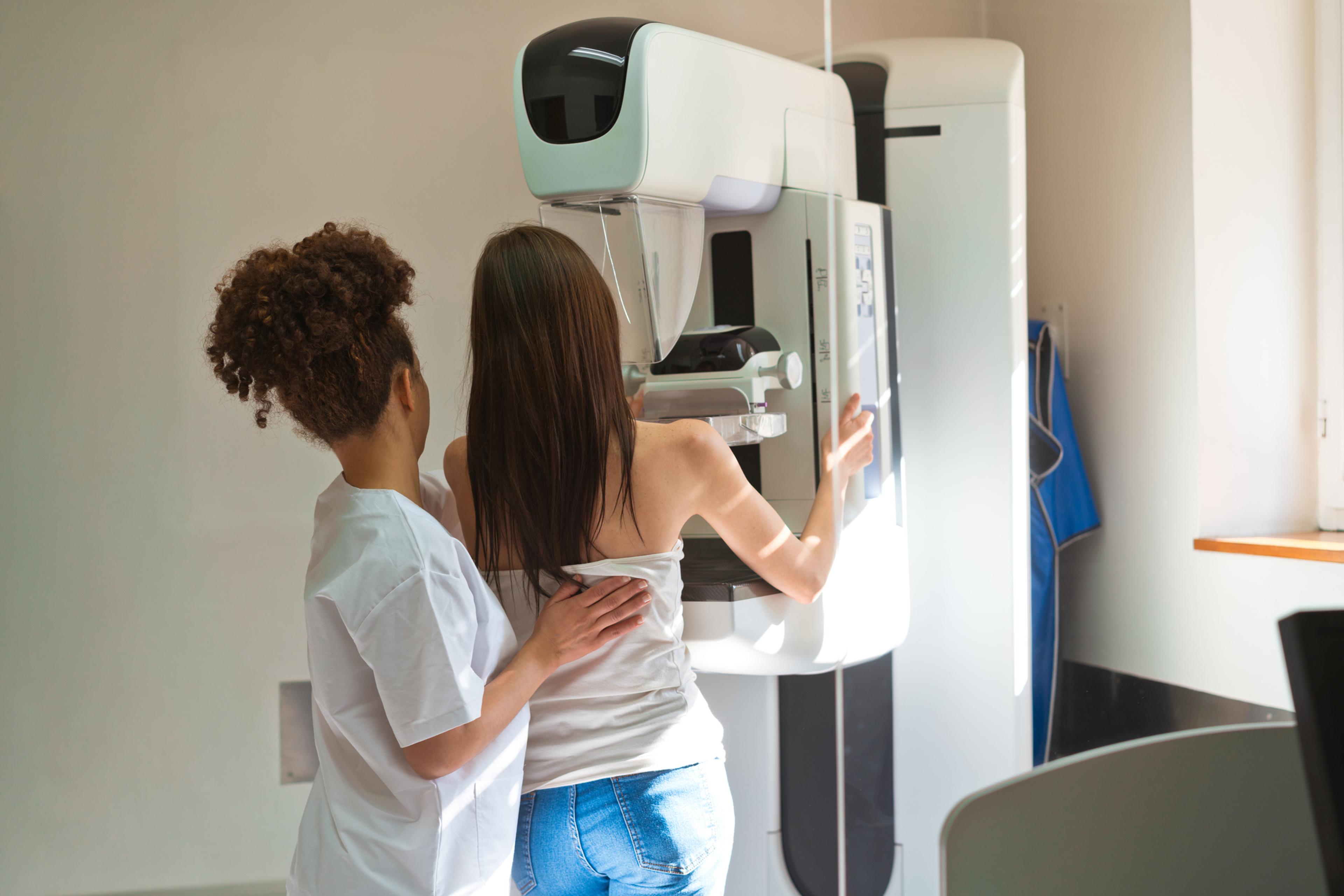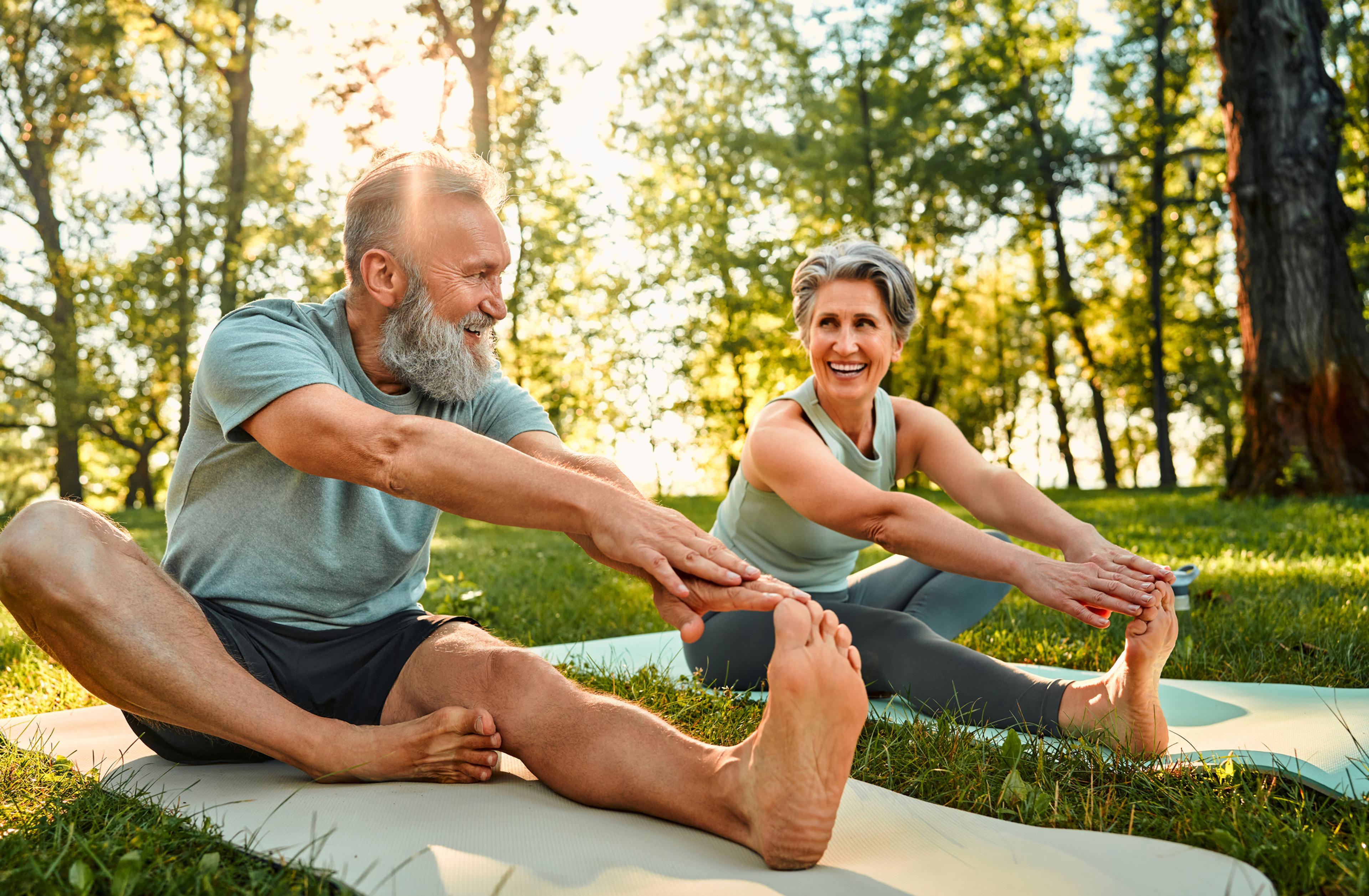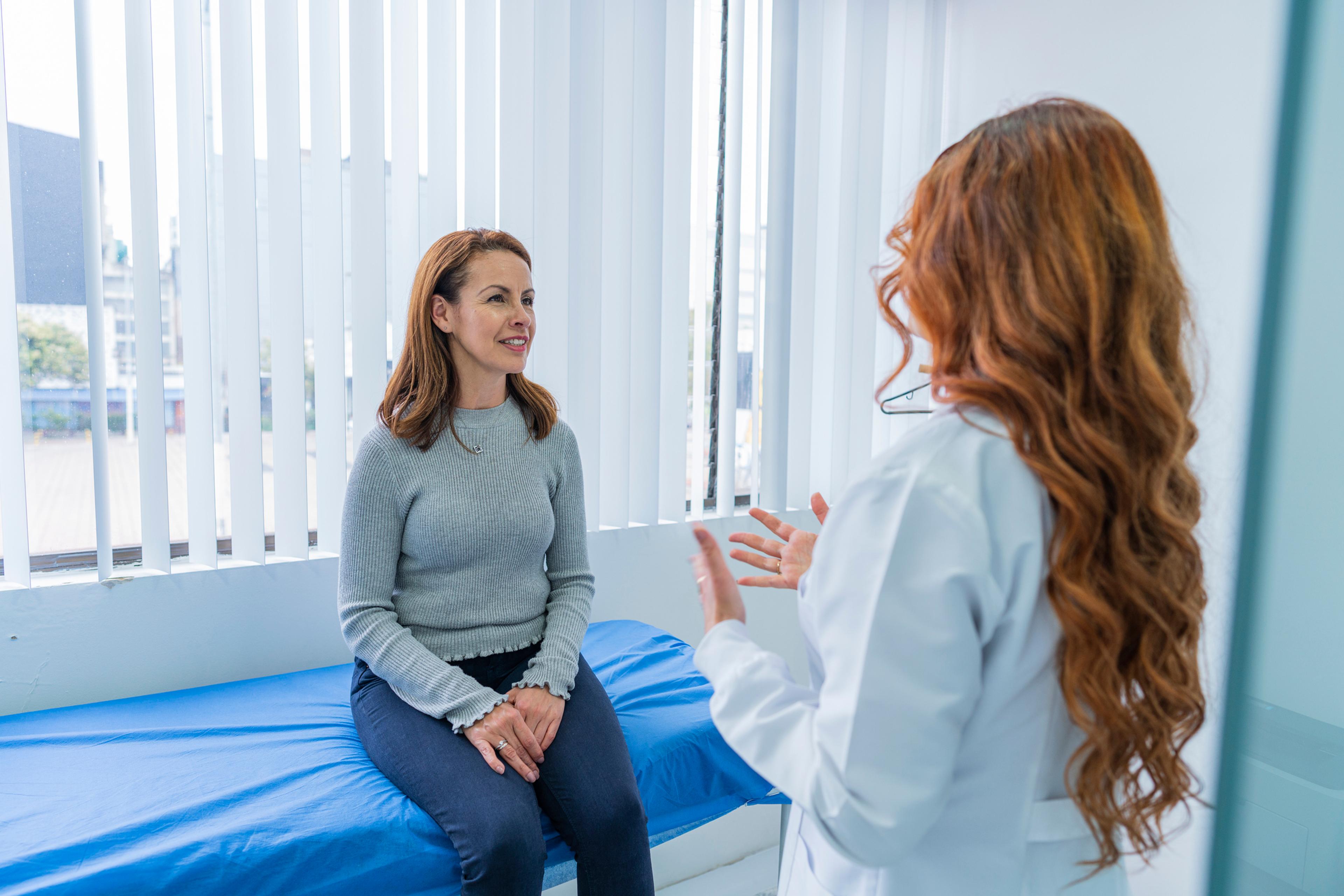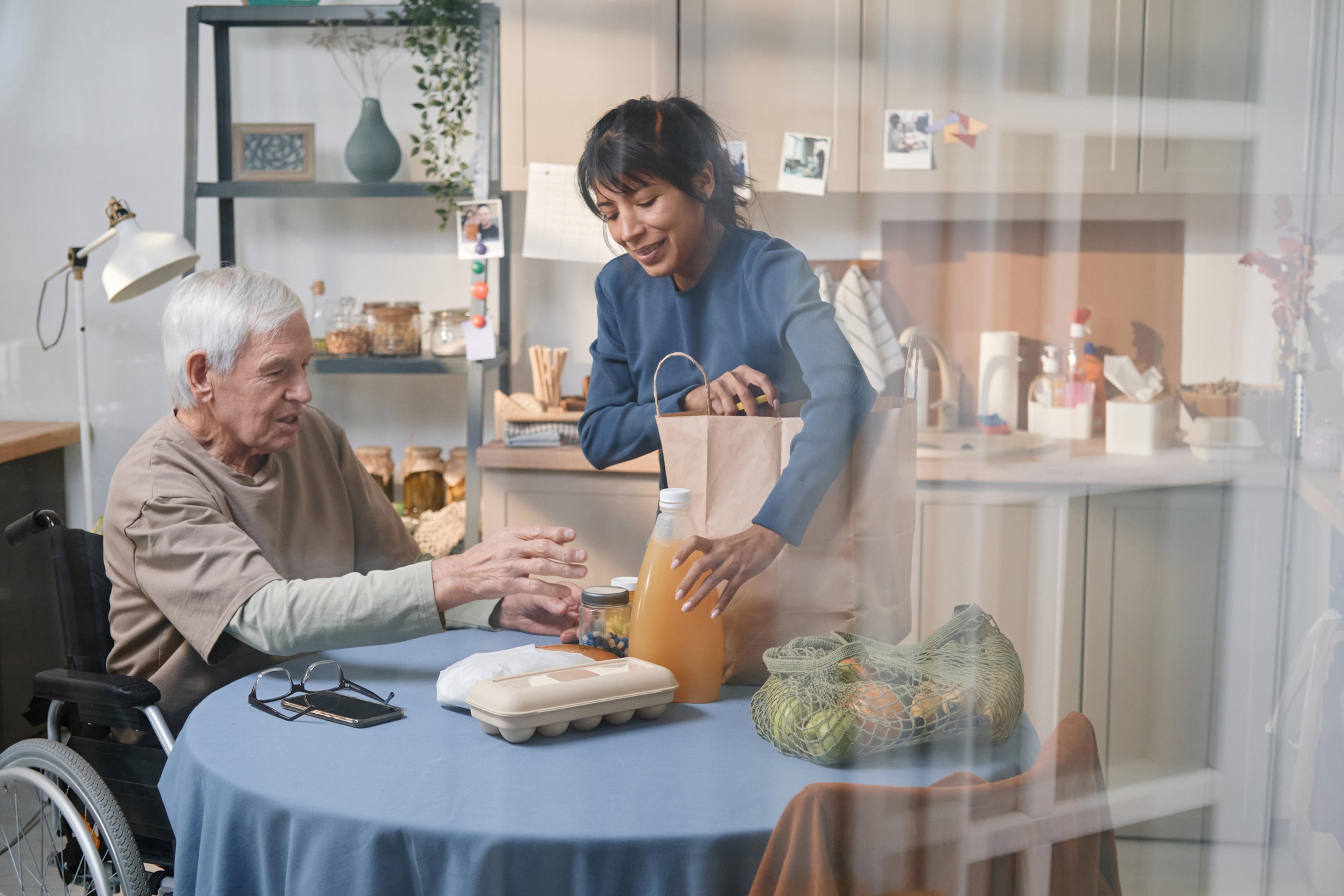How to Avoid Common Triggers of Psoriasis
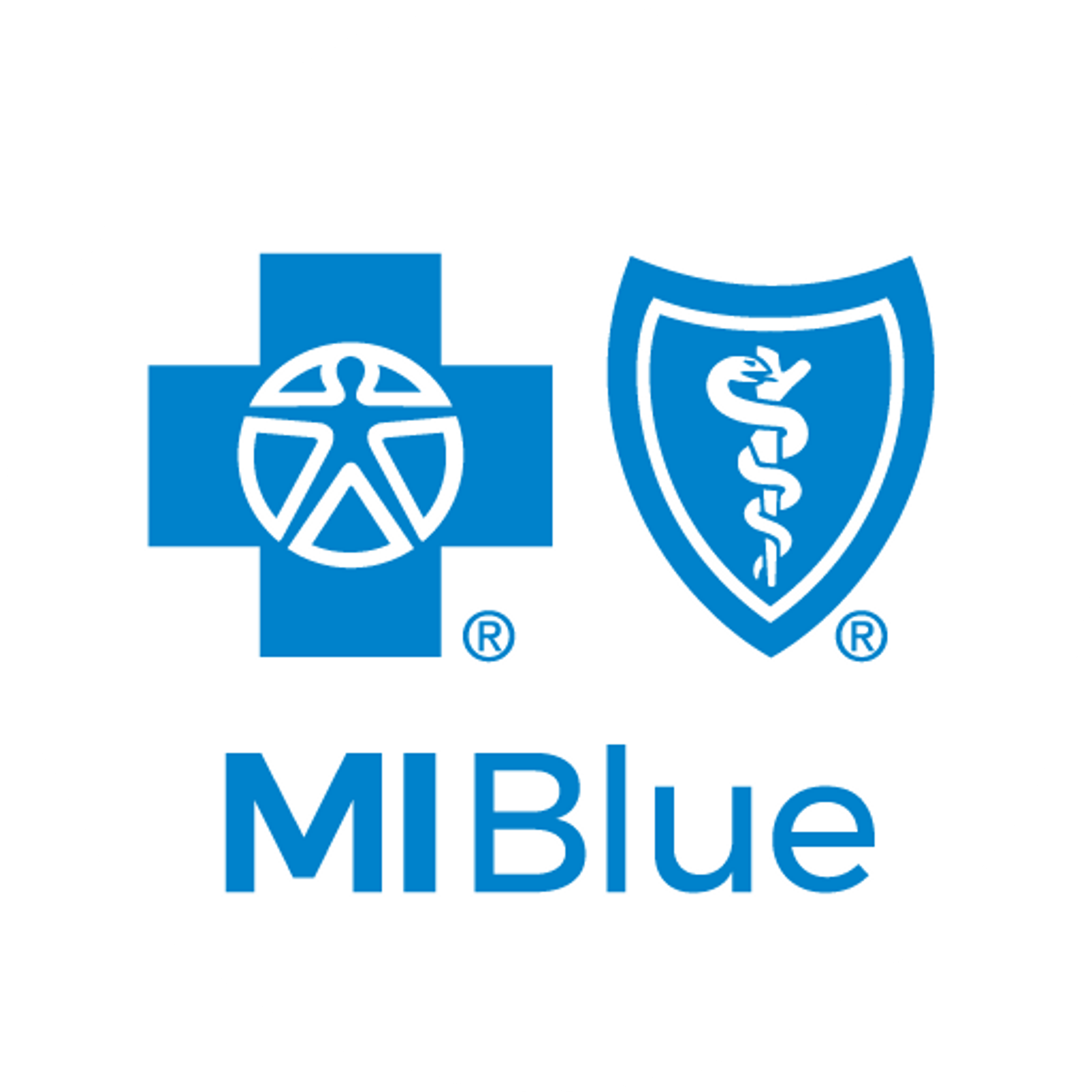
Blues Perspectives
| 3 min read
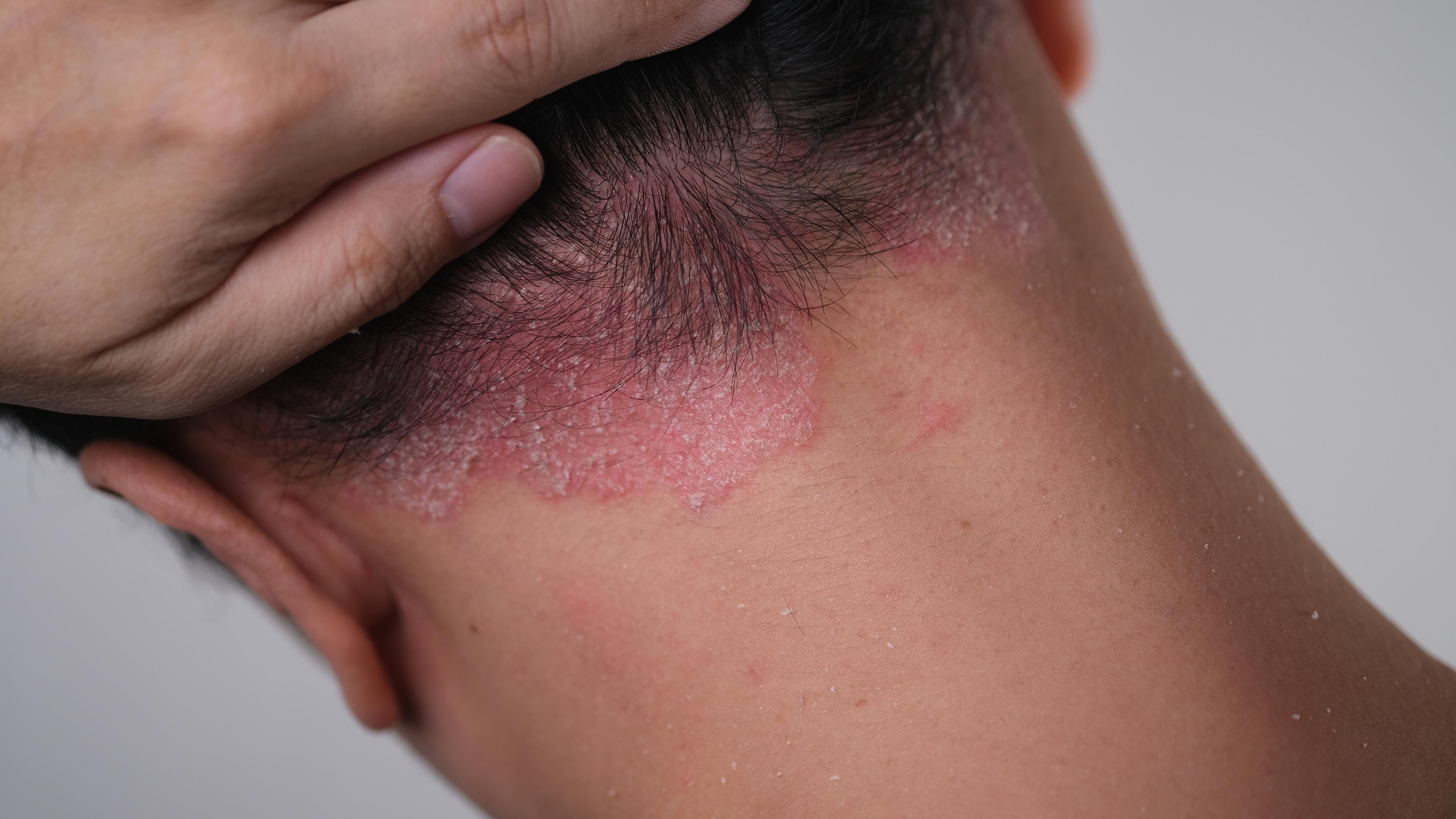
Psoriasis is a chronic skin condition that can be triggered or exacerbated by a number of known triggers. Symptoms and severity can vary as psoriasis flares or ebbs, but tend to include scaly patches of skin, inflammation and itchiness in affected areas. Psoriasis flares can be avoided or mediated by avoiding known triggers, which vary in severity based on the individual. Here are some of the most common triggers for psoriasis and ways to avoid them.
Infections and illness
Psoriasis often flares within a few weeks of an infection or illness, such as strep throat, bronchitis, ear infections and more. This happens more commonly for children, according to the American Academy of Dermatology, but also holds true for adults with psoriasis. Washing hands regularly and avoiding others with communicable infections can help to prevent these types of triggers.
Sunburn and skin injuries
When the skin is harmed or made vulnerable, it can set off a psoriasis flare. This can include burns including sunburn, cuts, scrapes, scratches, bruises, or even bug bites, poison ivy and poison oak. Burns such as these can take up to 10 to 14 days to trigger the psoriasis outbreak, according to the AAD. To avoid this, treat skin injuries and conditions promptly and avoid scratching at itchy patches, bug bites or burns. Use bug repellent and sunscreen to avoid bites and sunburn.
Stress
Stress is a common trigger for many chronic conditions. Try to lower stress levels by:
- Eating a healthy diet
- Getting at 7 to 8 hours of sleep per night
- Using positive self-talk, meditation or guided thought
- Exercising (especially outdoors)
- Attending support groups or counseling for stress
Weather and environmental triggers
Weather can have a noted effect on psoriasis and its symptoms. Weather that is especially warm and humid, or cold and dry can both trigger psoriasis flares. Limiting showers to warm water and under 10 minutes and using a fragrance-free moisturizer or lotion after showering can help to mitigate weather-based triggers. Using a humidifier or dehumidifier to regulate your home’s humidity can help as well.
Trigger foods
Some foods can trigger skin conditions and autoimmune conditions including psoriasis. These can vary from person to person, but some more common trigger foods include gluten for those with celiac issues, nightshades or alcohol. If you notice psoriasis symptoms getting worse, or repeated flaring after eating certain foods, these are likely individual triggers. Keeping a food journal will help to keep track of possible trigger foods.
Drinking and smoking
Drinking alcohol regularly and smoking both inhibit the immune system’s abilities and efficacy, among other negative effects to the body. Smoking and drinking can also reduce or even negate the efficacy of psoriasis treatments. Avoiding drinking alcohol, especially binge drinking and drinking in excess, and stopping smoking will both have a positive effect on psoriasis symptoms and flares.
The most important approach to avoiding alcohol triggers is to keep track of what behaviors, events or stimuli affect your psoriasis symptoms. Keeping a symptom journal and maintaining open communication with your doctor about psoriasis and psoriasis symptoms can help you maintain more control over psoriasis flares.

